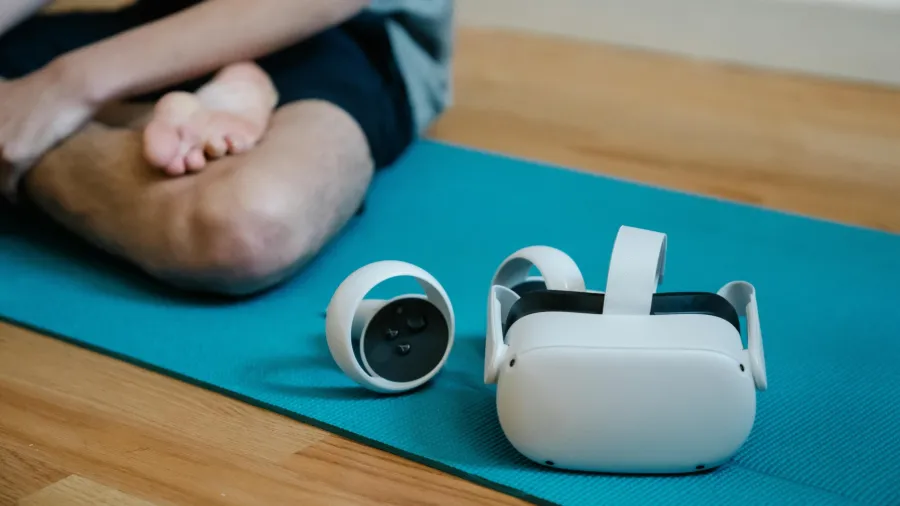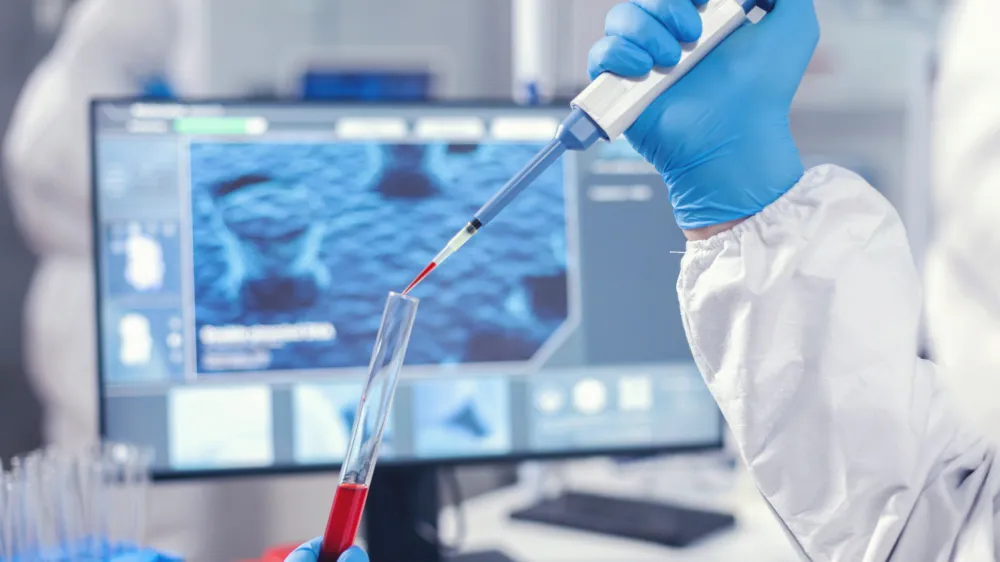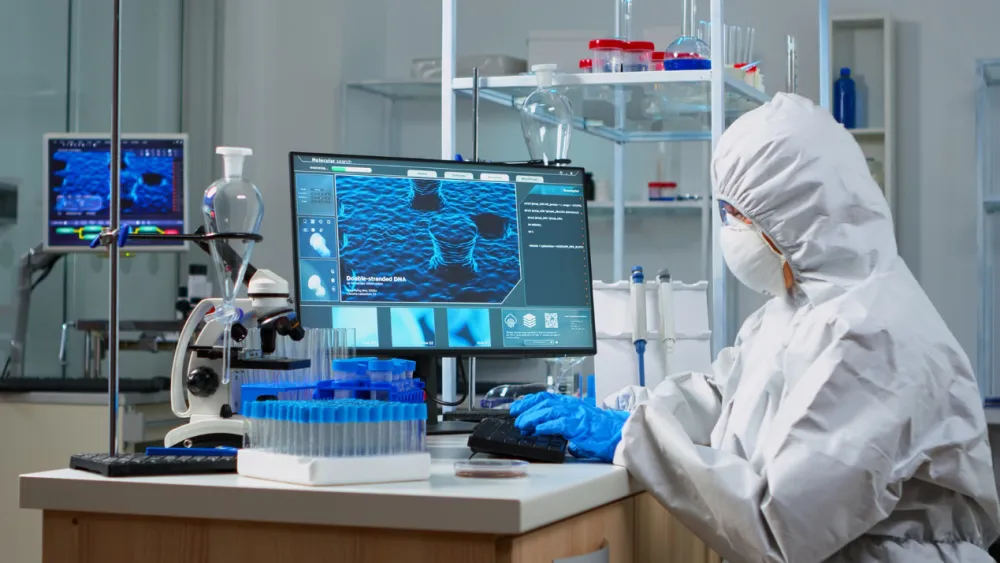
ASAN Medical Centre VR-based app to treat post-stroke visual field defects
VIVID Brain utilises a training algorithm for patient-customised learning.
A research team led by Dong-Wha Kang of the Department of Neurology at the ASAN Medical Centre has developed a digital therapeutic device to improve visual field defects after stroke.
In collaboration with interdisciplinary researchers in neuroscience, software development, and mathematics, the team introduced VIVID Brain, a virtual reality (VR) based mobile application that emphasises patient-customised visual perception learning.
The application features a training algorithm designed for a 12-week programme and remote monitoring for continuous management.
According to ASAN, the device has recently obtained marketing authorisation from the Ministry of Food and Drug Safety (MFDS).



















 Advertise
Advertise




